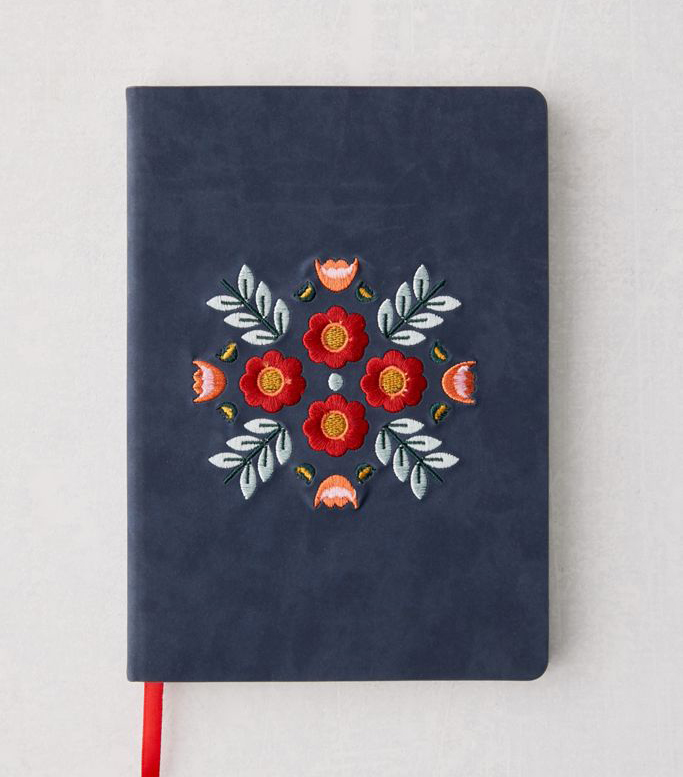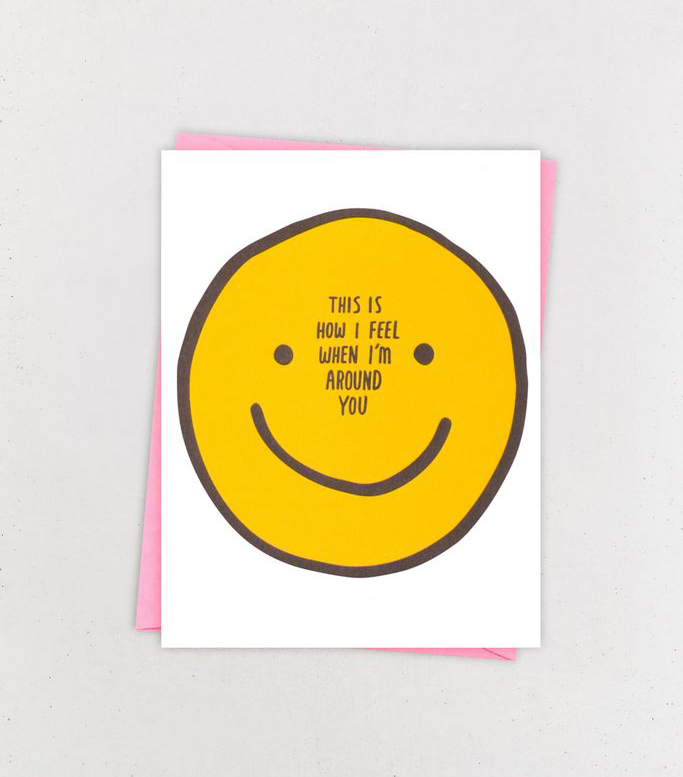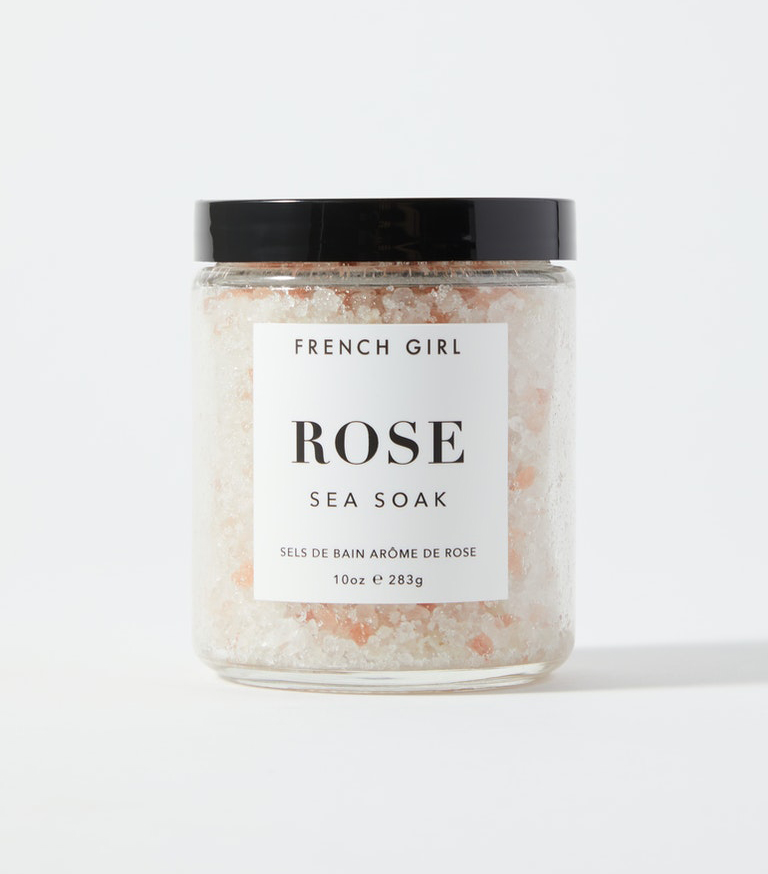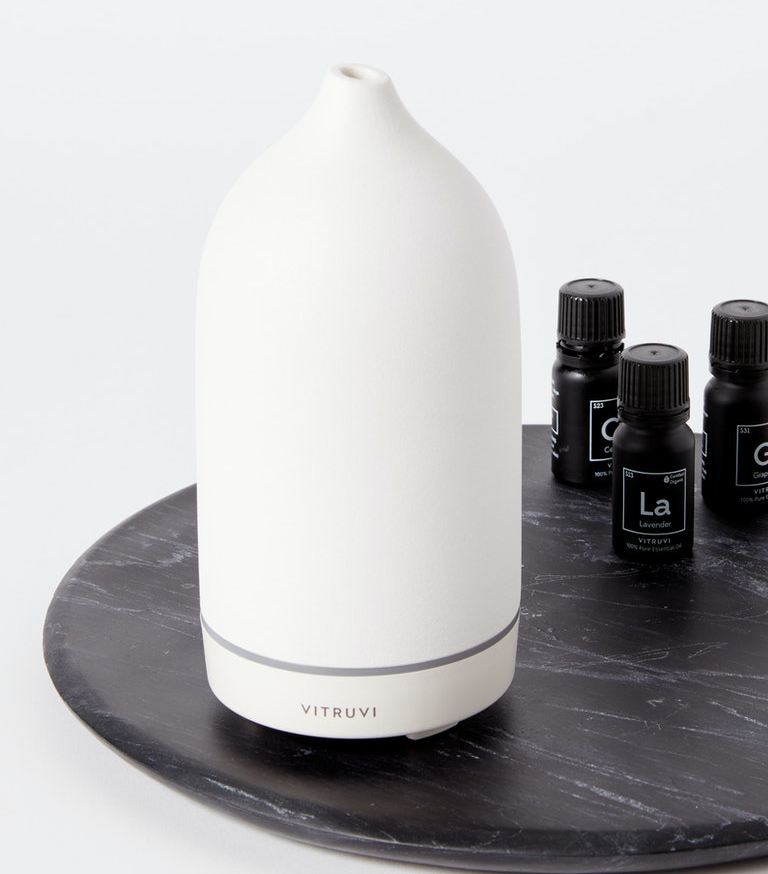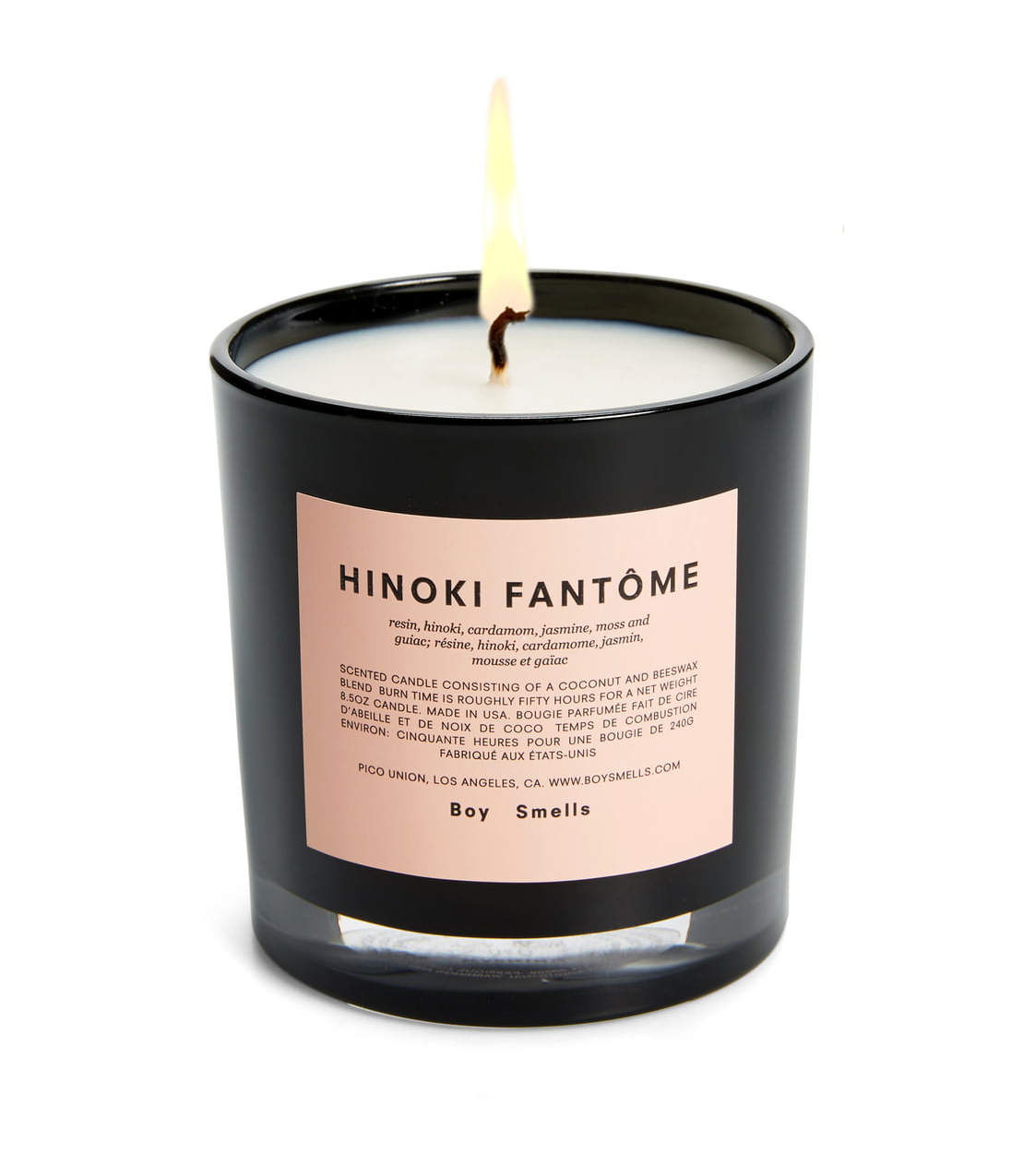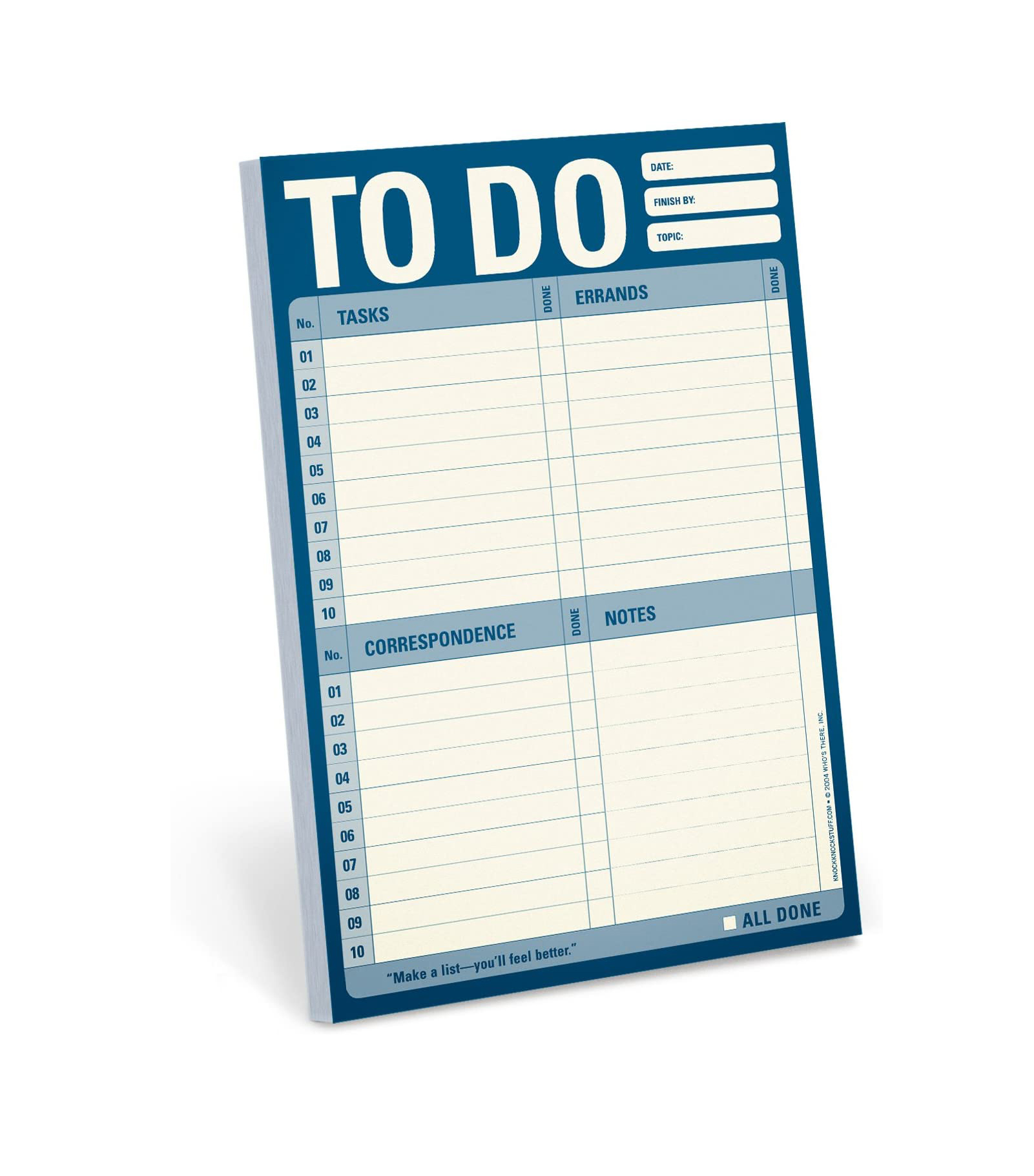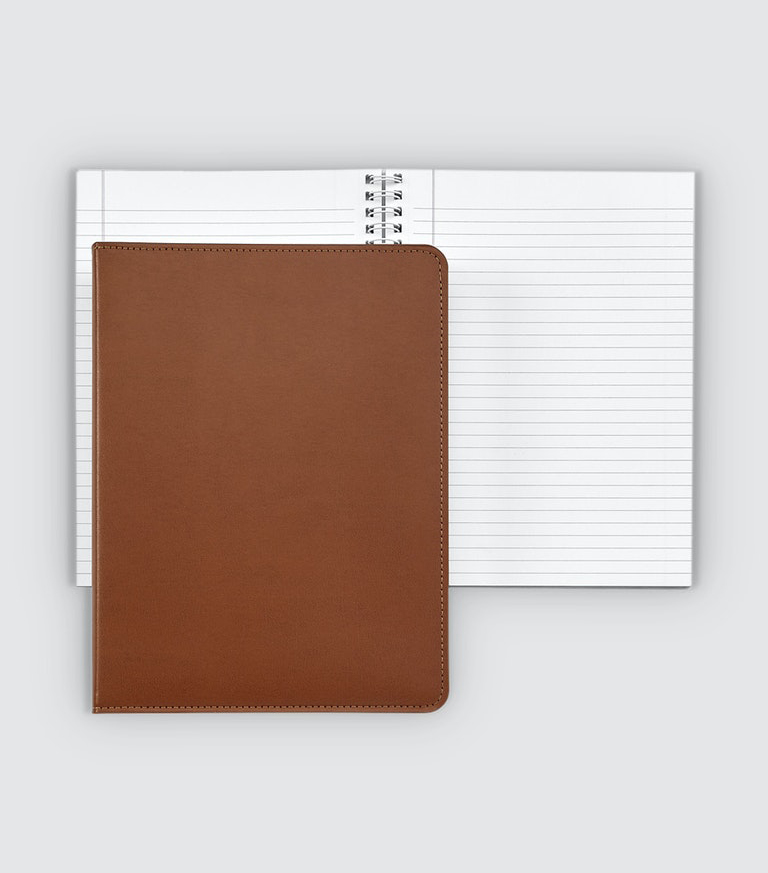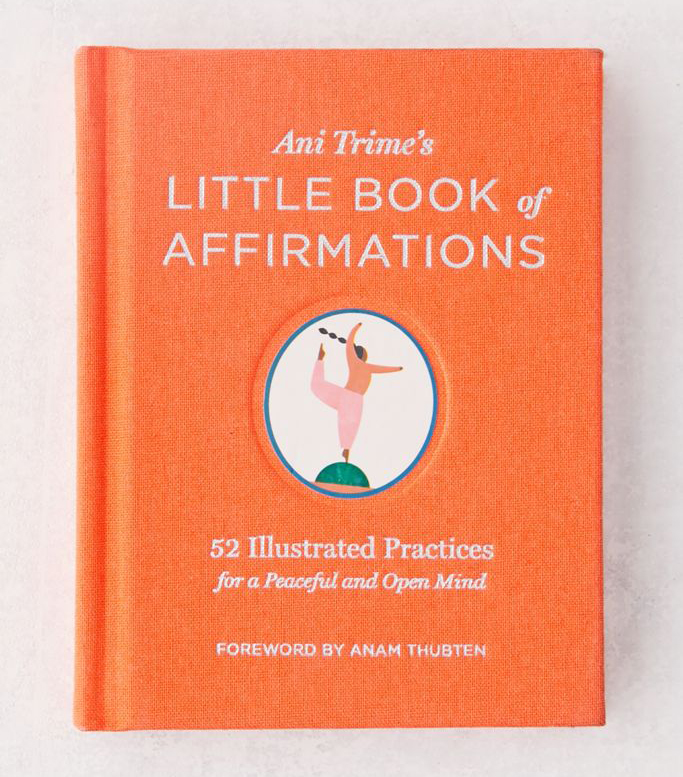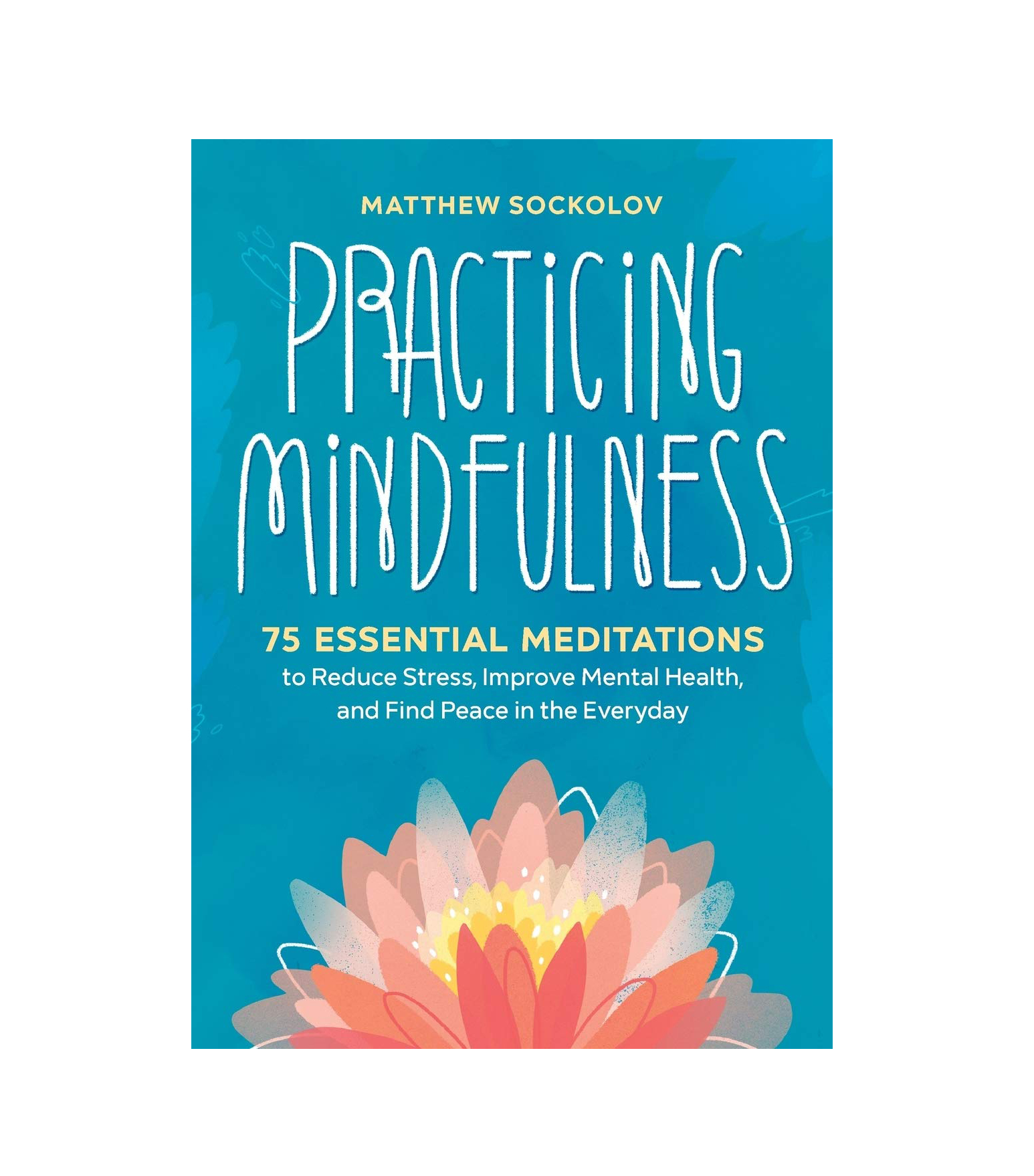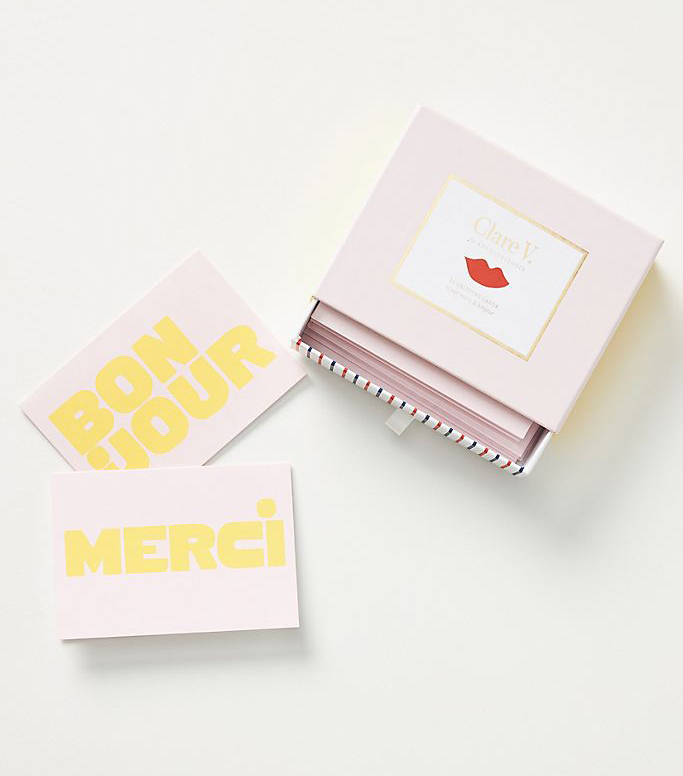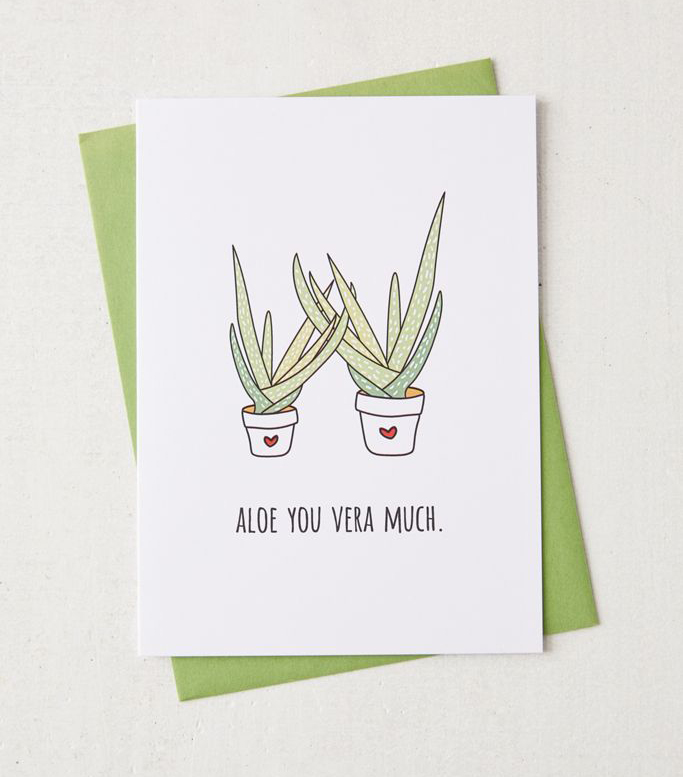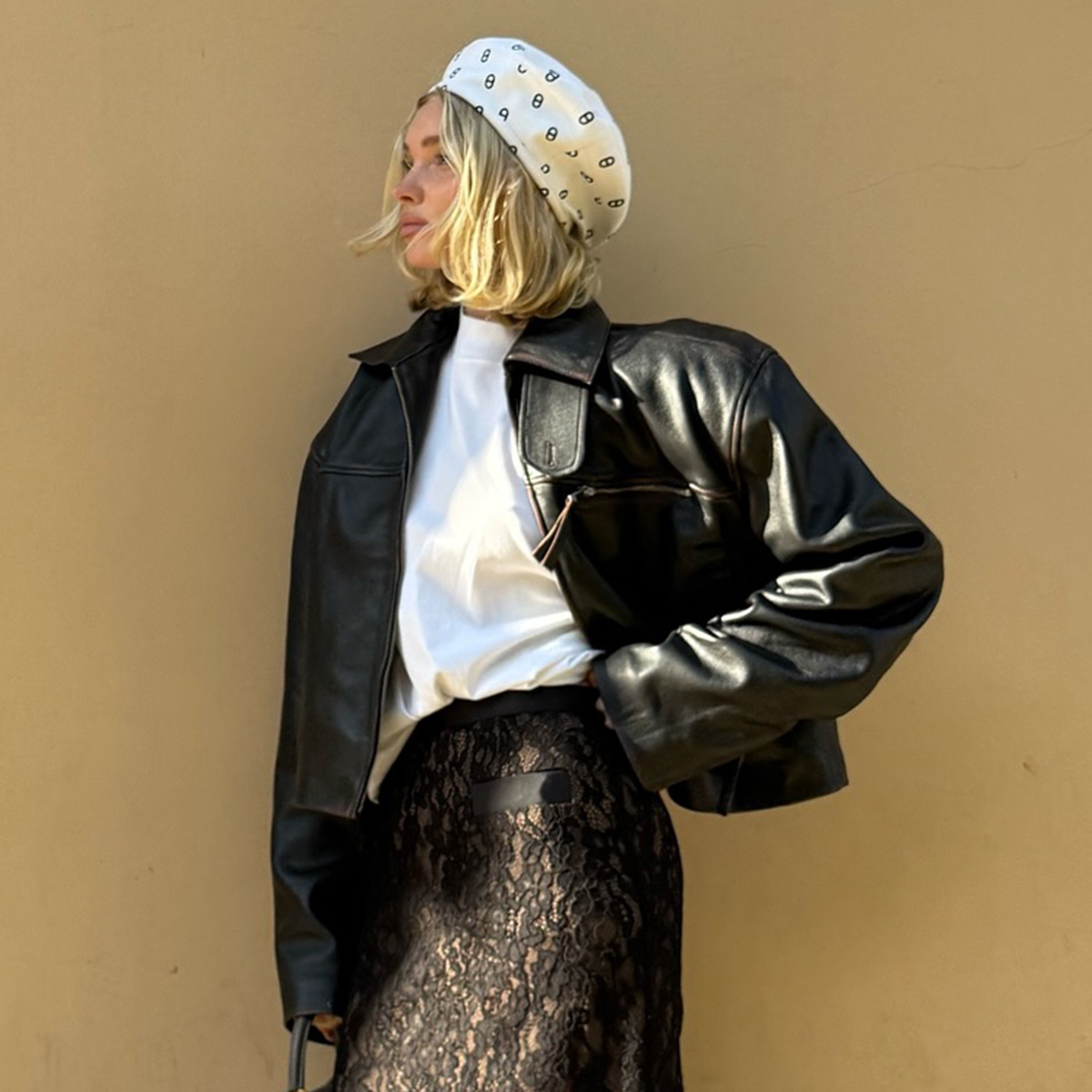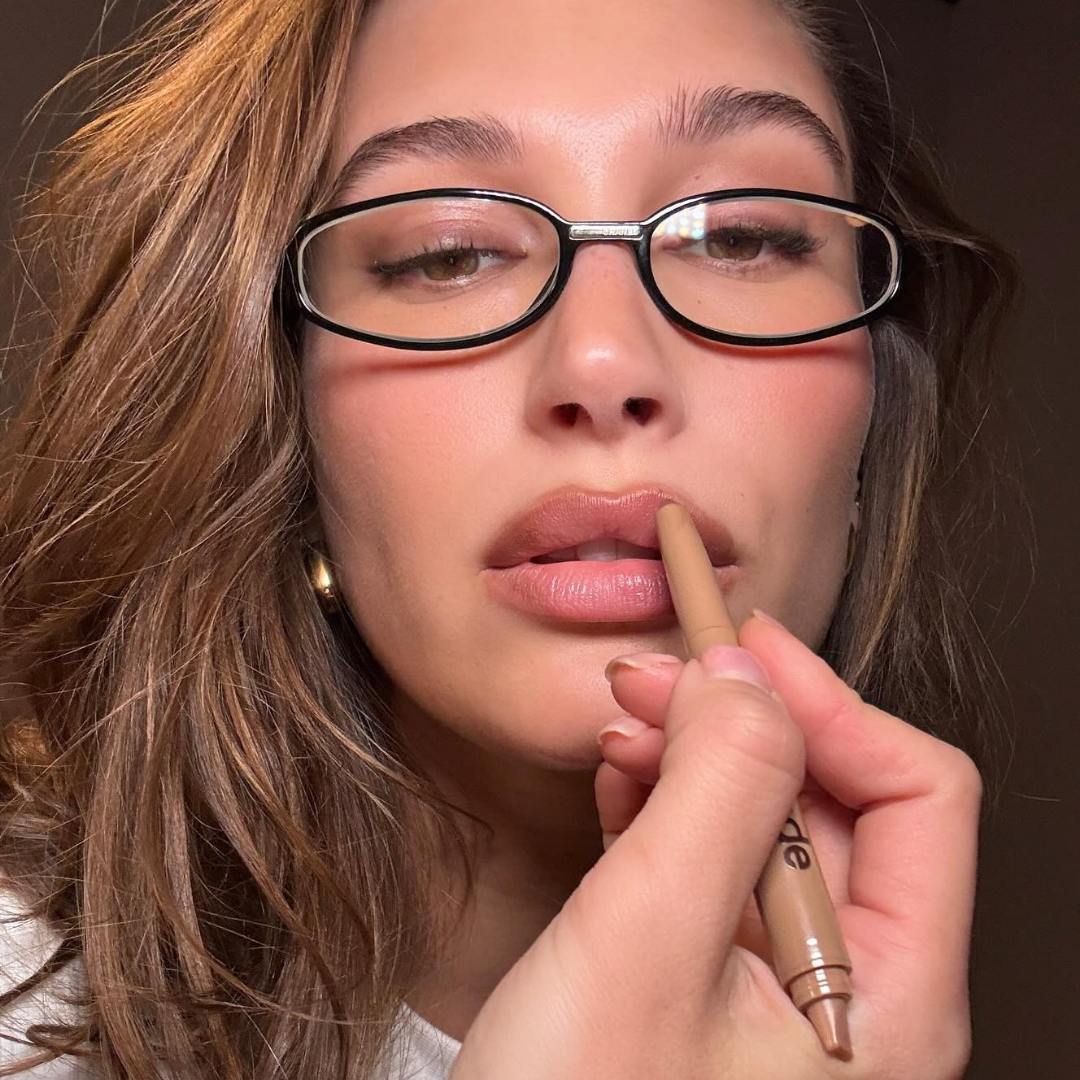I've Been Quarantining Alone for the Past 7 Months—Here's What I've Learned
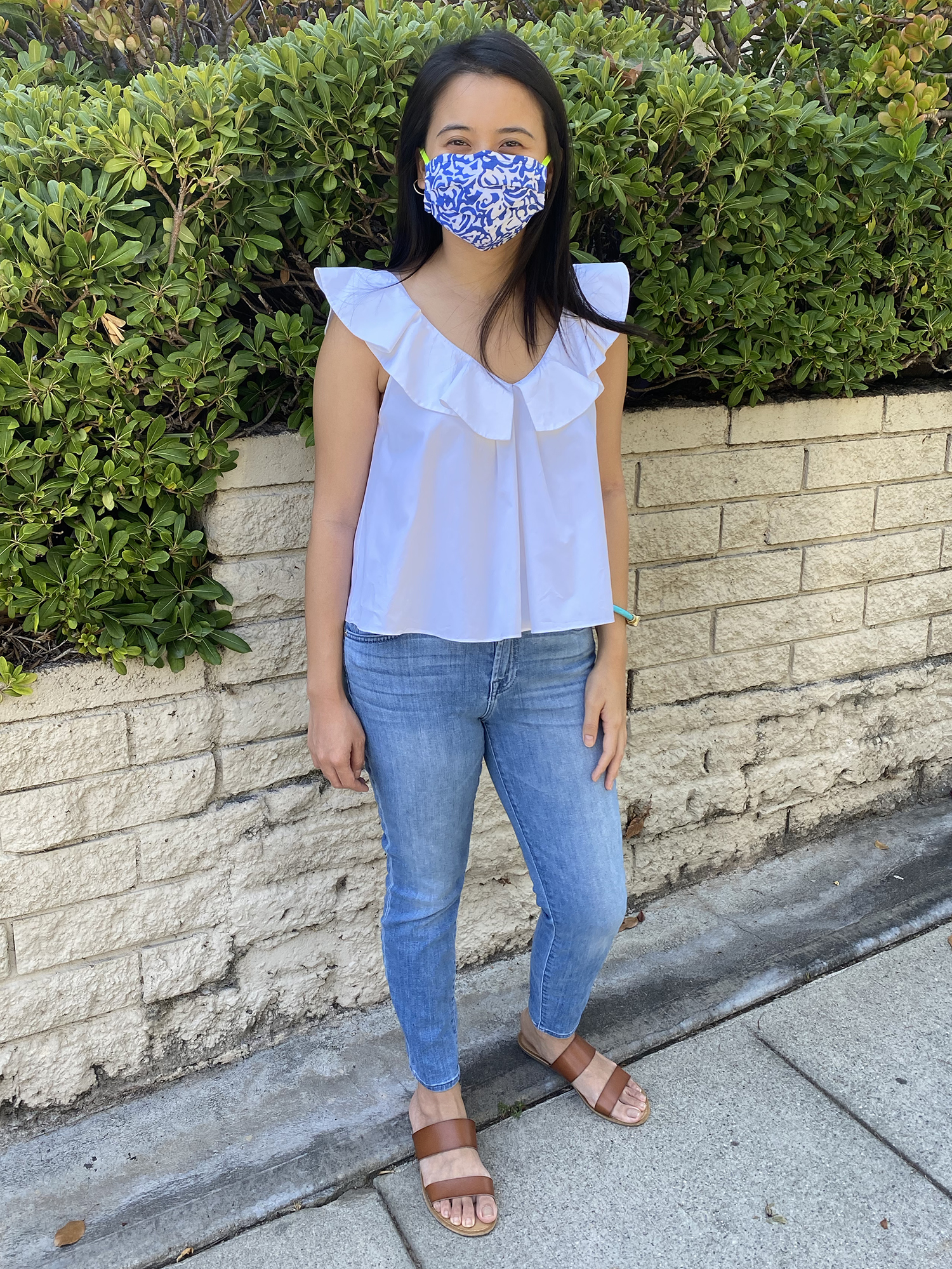
I'm going to say something that you've probably heard over and over, so forgive me for being repetitive. It's been a long year. There, I said it. I know you don't really need a reminder about that, but when you think about exactly how many months have passed since we started quarantining versus how long it really feels, it can feel like years instead of months. I was just talking to someone today about how life back in January and February of 2020 seems like another life to me.
Personally, I don't think I can complain too much about this time. I am lucky that my family and friends have managed to stay healthy. And I still have my job at THE/THIRTY, which I am so grateful for—both for keeping my bank account afloat and for giving me something to do every day. I know that there are other people out there who have gone through and are experiencing much more challenging and devastating times.
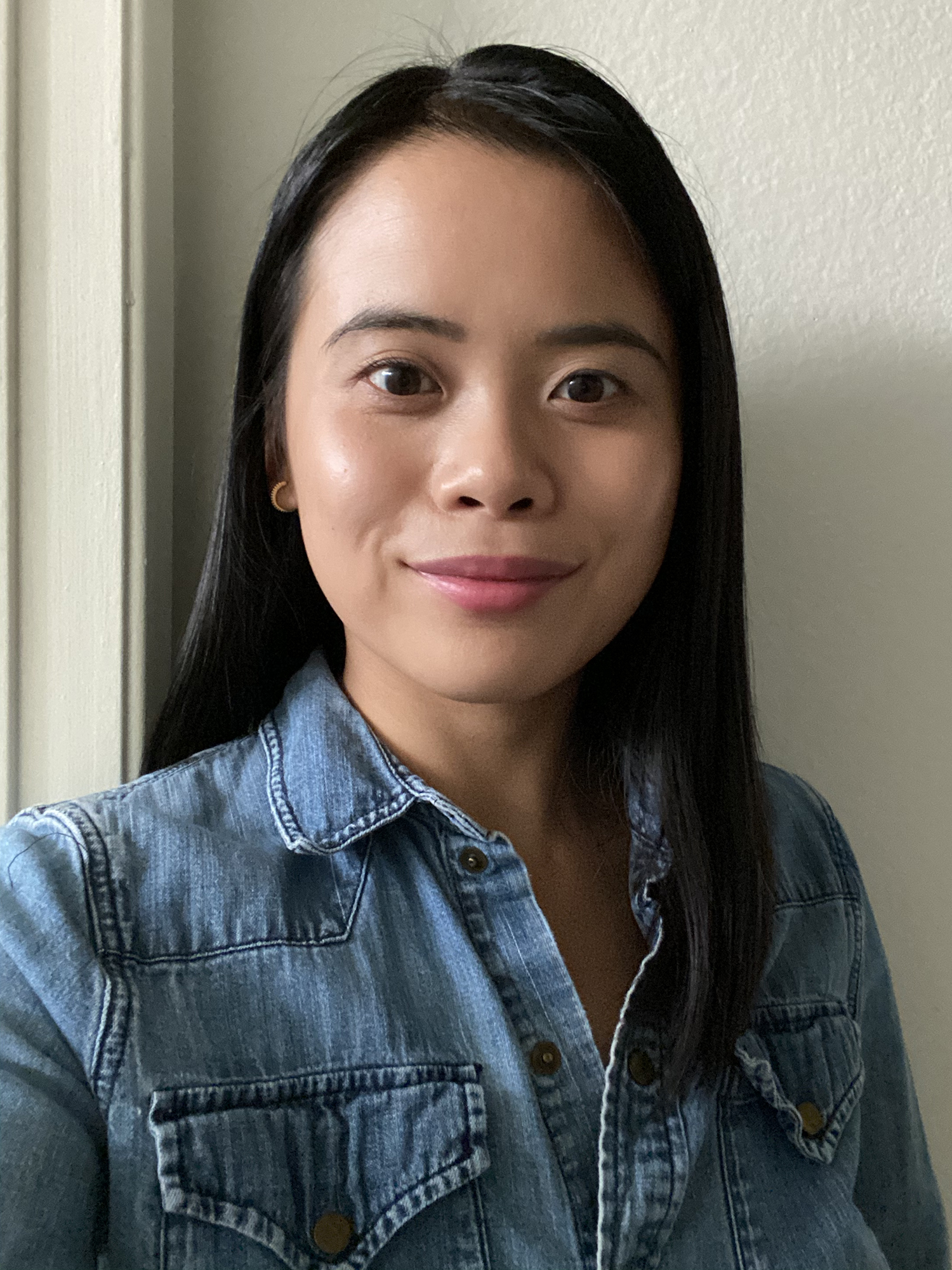
Like everyone else, though, it hasn't exactly been smooth sailing for me. No matter what you've gone through, I think it's safe to say that everyone has experienced some ups and downs during the pandemic. Exactly what those ups and downs are, well, that's where it varies.
One of the things that's been hard for me is quarantining alone. After living in cramped quarters with roommates for most of my adult life, I moved to my own apartment last November. I love living alone and having my own place, but being by myself during this time has often felt isolating and lonely and hasn't done my anxiety any favors.
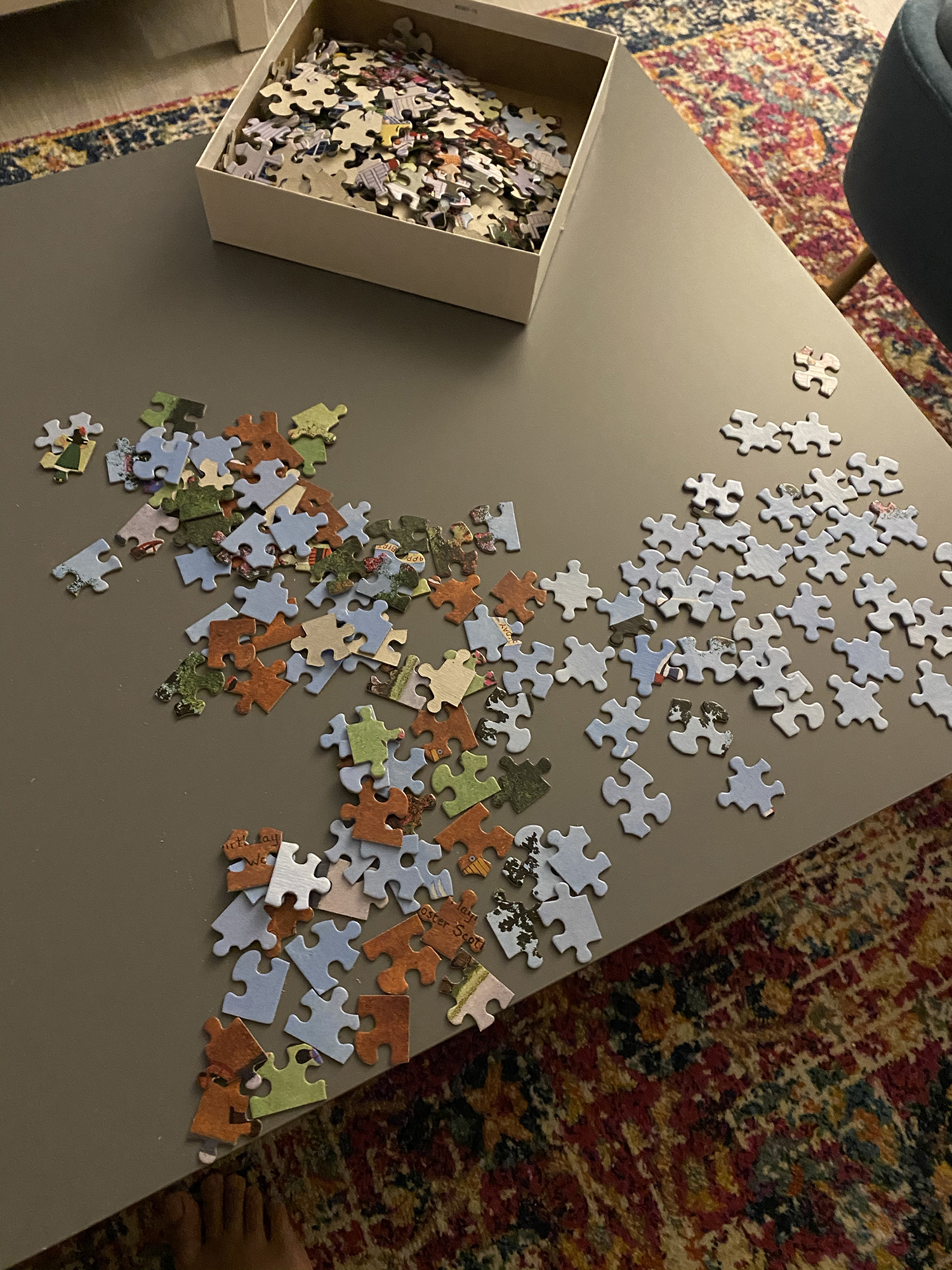
In the beginning of quarantine, I stayed at home and didn't really see anyone for more than two months. I attended a lot of Zoom hangouts, FaceTimed countless friends, and even talked to some people on the phone. I did a couple of drive-bys to my mom's house to wave to her from my car. Basically, I had zero physical human contact for 62 days.
While I tried to keep myself busy, those were also the hardest months for me. You might have felt the same way, too. There were still so many unanswered questions, everything felt so foreign, and there was a lot of uncertainty (and the anxiety that comes from that). My worrying levels were at an all-time high, and that's saying a lot because I consider myself a professional worrier.
As things started to open up more in Los Angeles and testing became widely available, I started to venture out more, safely and socially distanced, of course. I'm still living alone and quarantining alone, but I have a few select friends and family who I see while taking the right safety precautions, like getting tested regularly and wearing masks. Now, seven months later, I am getting used to this "new normal." I don't think I will ever be truly comfortable with what we're all going through right now, but I've found my own ways of coping and getting through it.
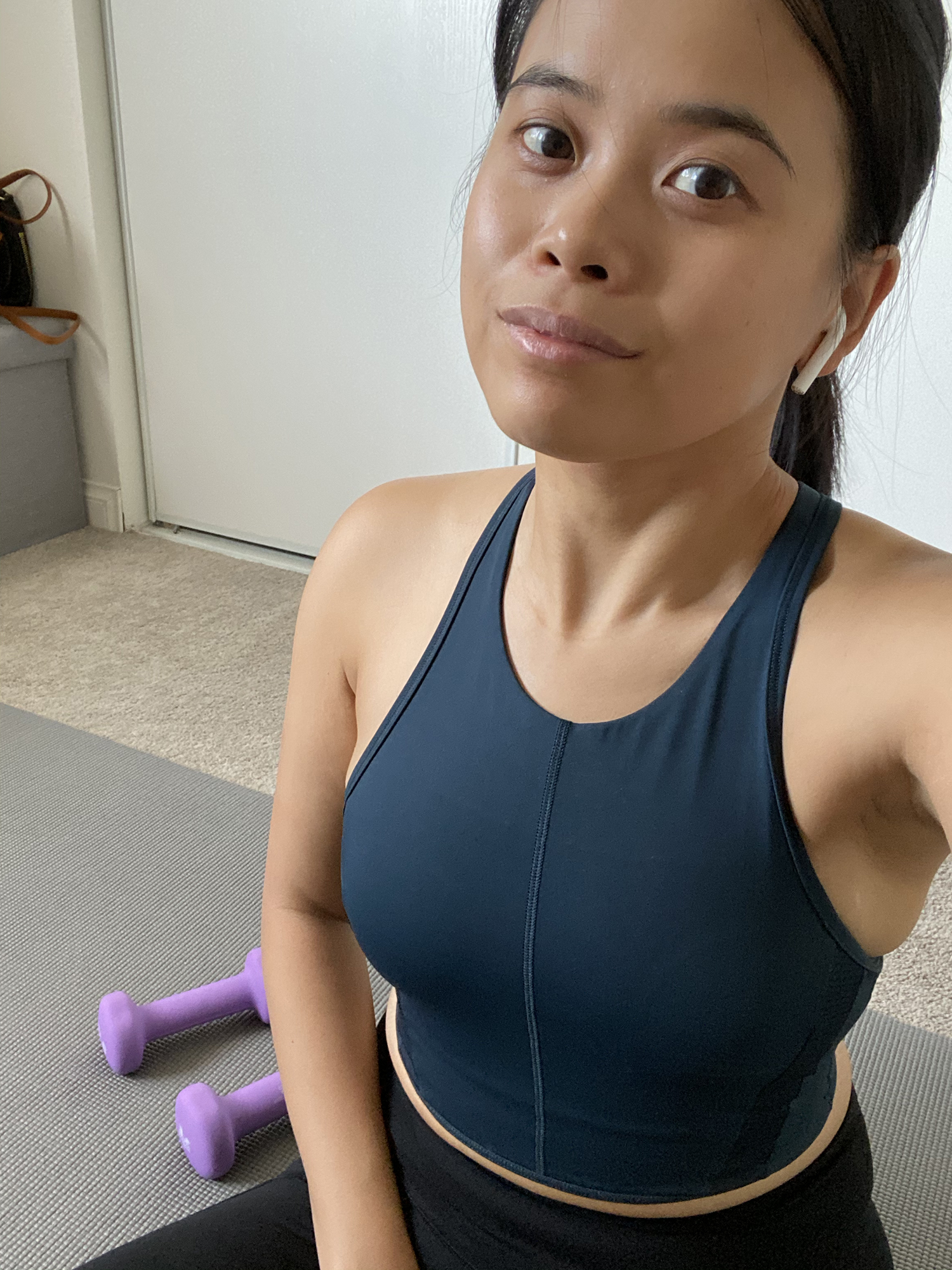
I think back to the person I was in March, and I like to believe I've grown so much. Since I've spent so much time by myself, there has been a lot of "me" time. Much of that time was spent watching Netflix, drinking wine, and mindlessly scrolling social media, but a good chunk of that time was also spent in my head, getting to know myself better.
If anything, this pandemic has forced us to look within and have some hard conversations with ourselves. You know, "getting real" with ourselves and figuring out what really makes us tick, what makes us depressed, anxious, happy, sad, and all the things. I've learned a lot about myself, and because I'm a writer, I wanted to get it down on paper (or, um, the internet). So here's what I learned during quarantine—I'm sure this will be an ever-evolving list since we're still very much in it. Maybe you'll read this and recognize some of these things, or maybe you've had a completely different experience than me. I'd love to know how you've gotten through this time. Send me a DM at @sarahayang or @thethirty.
1. You Can Always Get to Know Yourself Better
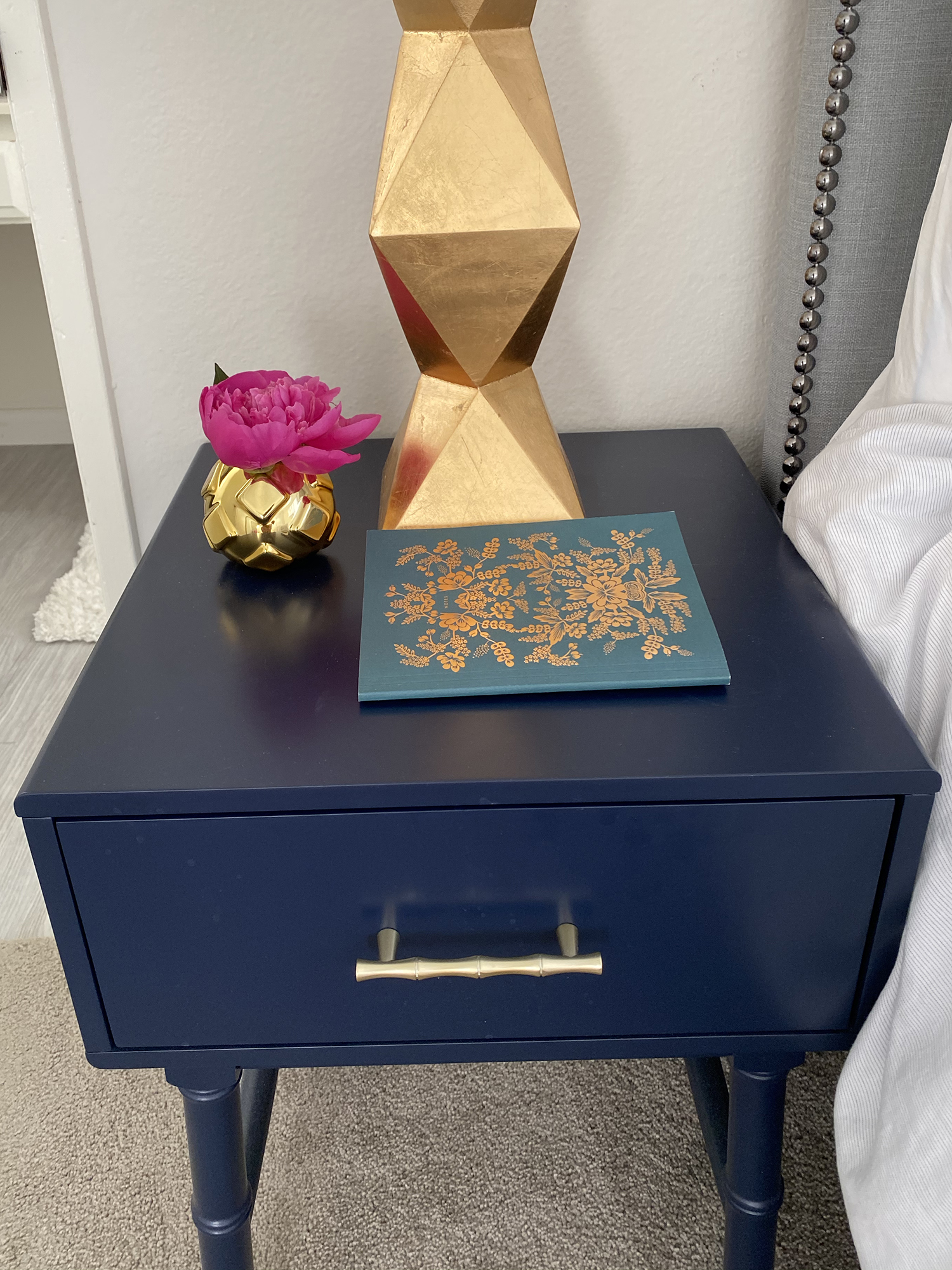
I thought I had a pretty good grasp on my sense of self. That doesn't mean I never had any insecure moments or felt imposter syndrome, but I knew what my goals and dreams were, my personality and how I interact with others, and my strengths and weaknesses. This pandemic has made me realize that there's always something new you can learn about yourself.
In this extended time alone, I've started journaling when I'm feeling too overwhelmed with my emotions. Just writing down my feelings and thoughts with honesty and without a filter has made me realize more things about what I want in life and who I am.
2. Non-Touchy-Feely People Still Need Love
I've never been the most touchy-feely person. Friends would have to force hugs out of me. Cuddling? Not my first choice! Even just a pat on the back or putting an arm around someone was a rare occurrence. But touch deprivation is a very real thing. It can be detrimental to your mental health.
During the two-plus months I was quarantining alone, I craved human touch, something that I never thought would happen to me. I wanted a hug or even just a handshake! I do believe that not having that contact and comfort made me feel more anxious and depressed.
I was able to get that much-needed human contact after getting tested and creating a quarantine "pod" of sorts, but let me tell you, I'm never going to take touch for granted again. And yes, when it's safe to do so, I will welcome hugs from all my friends.
3. It's Okay to Feel Sad
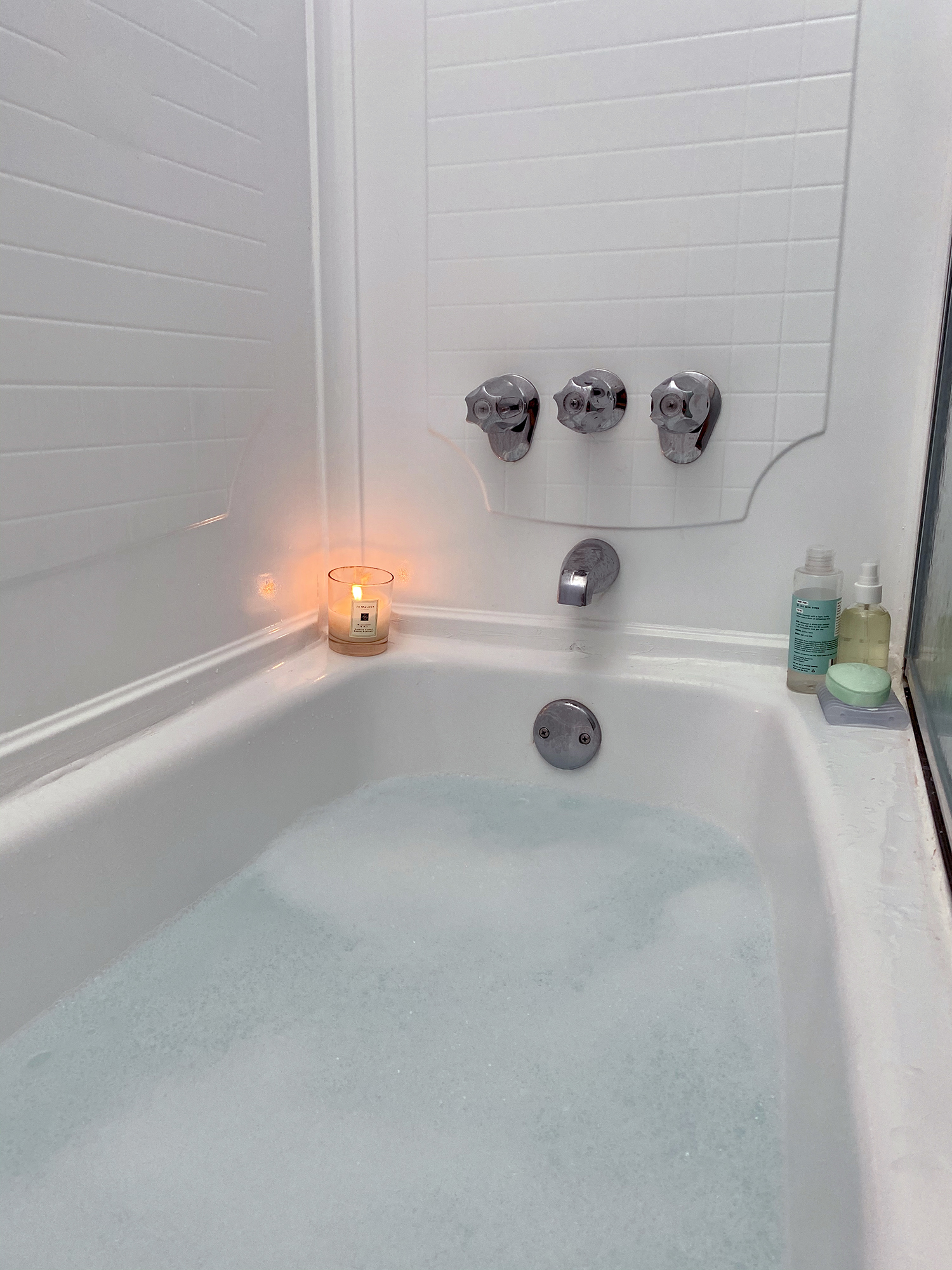
When you're by yourself, it's really a chance for you to stew in your thoughts. This can be good for self-awareness, but it can also be very bad. I had a lot of time to really wallow in my sadness, worrying, and hopelessness. It really led to some moments where I'd let those feelings get the best of me. Additionally, I got dumped during all of this, so I was also dealing with a breakup. I definitely had a lot of sob fests in early quarantine!
Writing a couple of mental health stories during this time helped changed my perspective. Many therapists I spoke to said it's okay to feel those feelings, but the important thing is to not judge yourself for that. Let yourself feel, but it helps to focus on the things you have control over. I couldn't cure COVID, and I definitely wouldn't be able to get my ex back, so I allowed myself to be sad, angry, and depressed, but I decided to focus on how I was going to help myself through it. I journaled, meditated, worked out, (virtually) leaned on friends and family, had moments of self-care, and focused on the things that made me feel happy and fulfilled.
4. Doing Nothing Is Okay
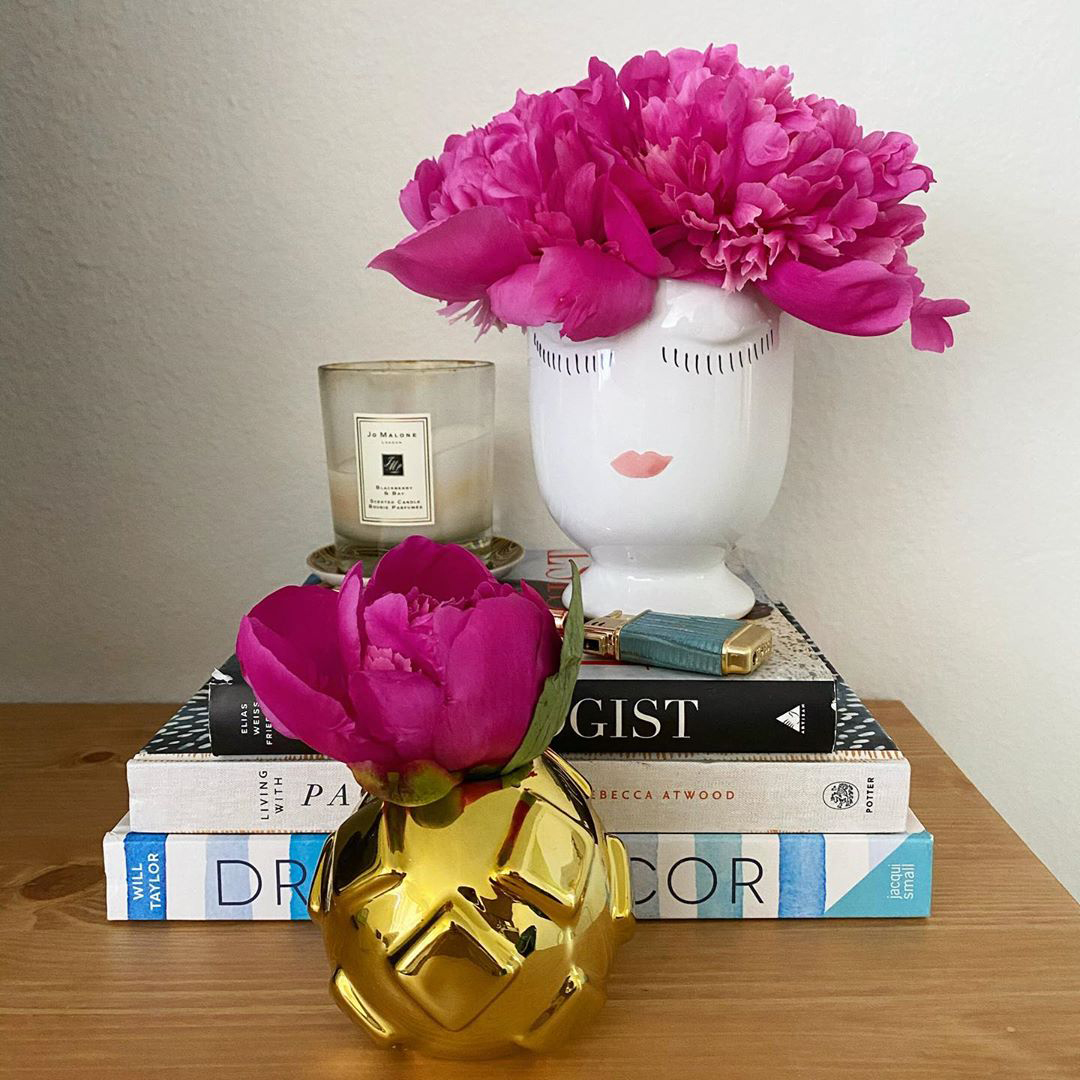
A lot of us are so used to always being on the move, multitasking, and having a full plate. We have the mindset that having nothing to do can feel unproductive or wasteful. Time has definitely slowed down a bit more now. Since there aren't a lot of social commitments and we can't really travel that much, there has been a lot of time to do nothing. I feel fortunate that work has kept me busy, but it doesn't occupy all my time. So I've had a lot of weekends where I haven't had much to do.
At first, it felt a little uncomfortable not having a set plan or an overloaded schedule, but I made it a point to just enjoy these quiet moments by myself. I started "nesting" more by decorating and organizing my apartment. I read and did some at-home workouts. But mostly, I tried not to feel guilty when all I did on a Sunday was watch hours of Netflix and order Postmates. My reasoning? When would I ever have this much quiet time to myself again?
5. A To-Do List Helps
On the opposite end, I didn't want to do nothing every day. I kept hearing that having structure or a schedule can help with COVID anxiety, so I really leaned into to-do lists. I have always been a fan of them and normally had about seven on my phone at any given time, but I put more effort into them during quarantine. For days that weren't "do nothing" moments, I would make to-do lists. For workdays, they always came in handy and helped me with my new WFH life. For the weekends, they were looser but had a few errands or chores I needed to do, like going to the grocery store or cleaning my bathroom. It just felt good to cross items off the list.
6. Boundaries Are Important
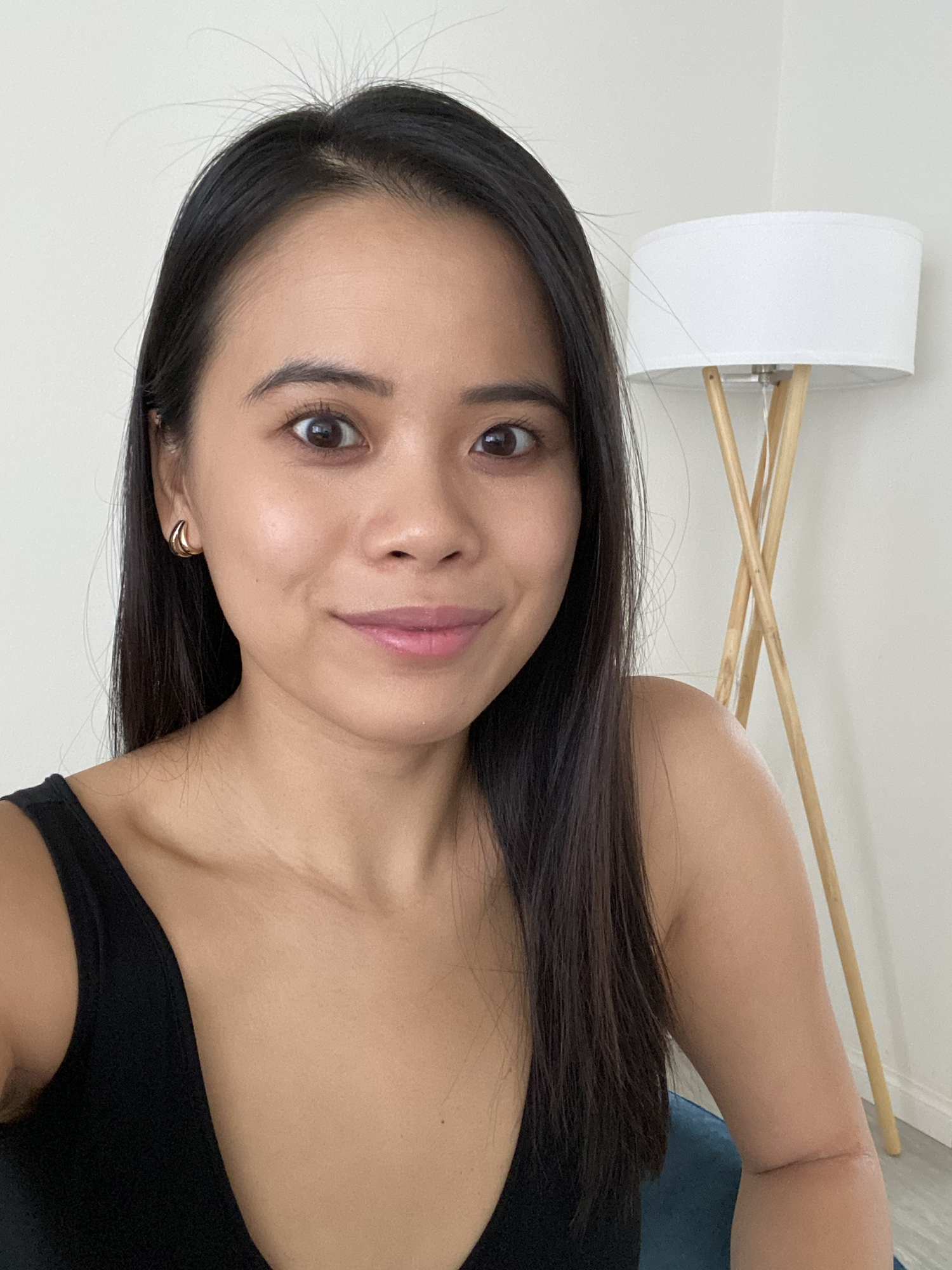
Even though I've been quarantining alone, that doesn't mean my boundaries haven't been tested. On the social front, there were some times when I felt overwhelmed with too many Zoom parties or FaceTime calls and had to bow out of them.
On the work front, I've tried hard to create a work/life balance even though my office is now my home. That means trying my best to log off at the same time every day and not working through the night. A productivity expert recommended going for a walk or leaving your home after work to establish some separation, like you're "commuting" home, so I try to take a short walk around my neighborhood after logging off, and when I can't, I just get up, walk around my apartment for a bit, and change my clothes before I prep dinner.
7. Your Mental Health Matters
I always knew taking care of your mental health was so important, but this pandemic has made me realize just how crucial it is. Paying attention to your feelings and emotions and looking for ways to help yourself can make you so much stronger during this time. I've also learned that being honest about your mental health with others can be helpful, too—if you feel comfortable doing that. Talking to friends and family about how I was depressed and anxious and listening to how they were feeling made me feel less alone.
8. Staying In Touch With People Still Takes Effort
I know that relationships (romantic, platonic, familial) take work, but they're tested even more during COVID. We've had to be more proactive than ever in reaching out to people. I've had to make a point to regularly check in with friends and family when normally I wouldn't care as much because I would be able to catch up with them in person at social gatherings.
One silver lining I find in all of this is that I've gotten closer with some friends I haven't spoken to in a while. I used to talk to some college friends only a couple of times a year because of busy schedules and geographical distance, but during this time, I've talked to them more than I have in years.
9. Your Support System Can Mean Everything
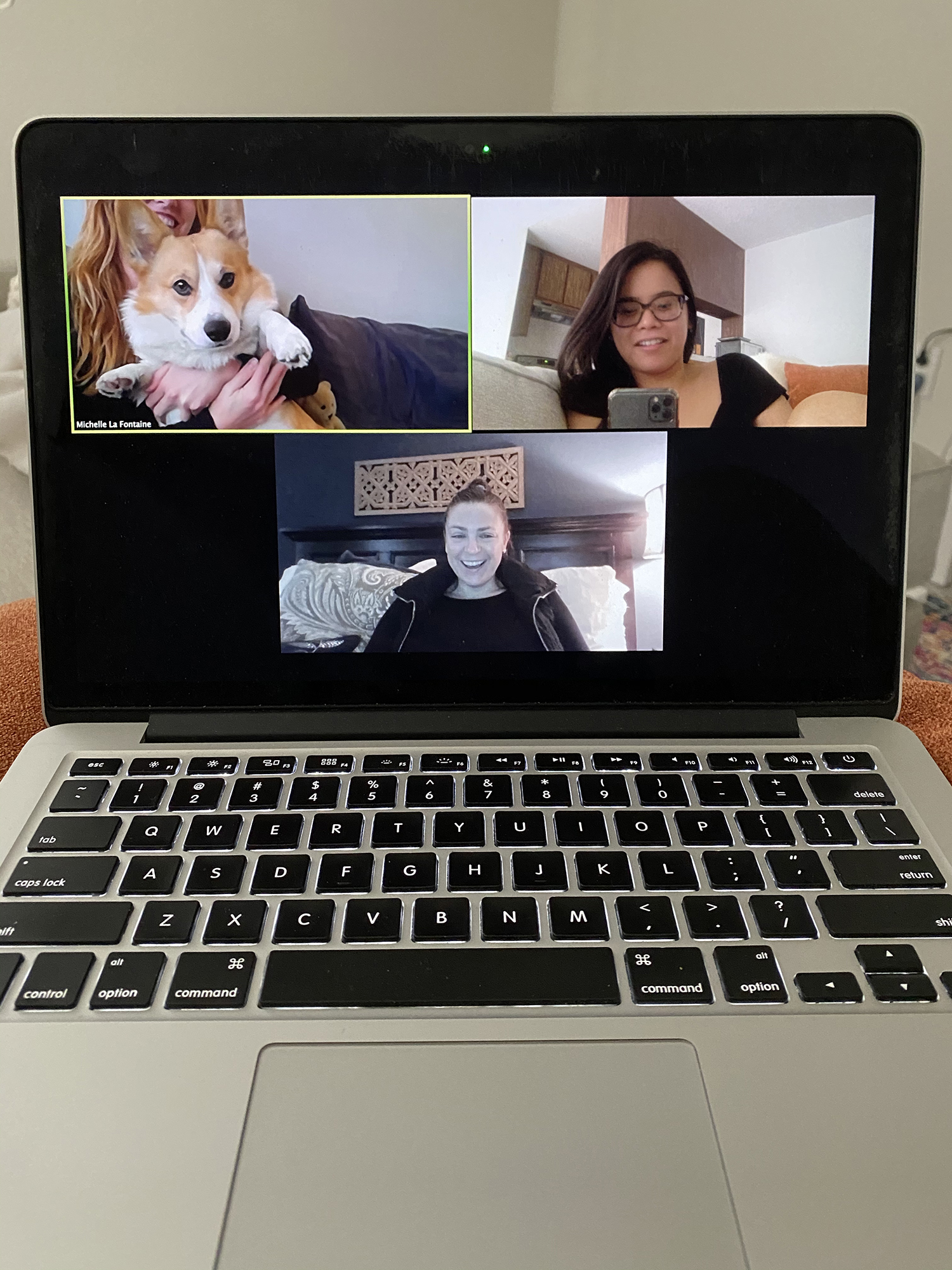
I don't know where I would be without my support system of friends, family, and colleagues. Just knowing that someone is thinking about you and also going through the same things you are going through has made all the difference for me. Even though I haven't been able to see most of them physically, I have been really touched by their support and care.
Next up: How At-Home Workouts Made Me Rethink Weight Loss and Happiness
Disclaimer
This article is provided for informational purposes only and is not intended to be used in the place of advice of your physician or other medical professionals. You should always consult with your doctor or healthcare provider first with any health-related questions.
Sarah is lifestyle writer and editor with over 10 years of experience covering health and wellness, interior design, food, beauty, and tech. Born and raised in Los Angeles, she attended New York University and lived in New York for 12 years before returning to L.A. in 2019. In addition to her work at Who What Wear, she held editor roles at Apartment Therapy, Real Simple, House Beautiful, Elle Decor, and The Bump (sister site of The Knot). She has a passion for health and wellness, but she especially loves writing about mental health. Her self-care routine consists of five things: a good workout, “me” time on the regular, an intriguing book/podcast/playlist to unwind after a long day, naps, and decorating her home.
-
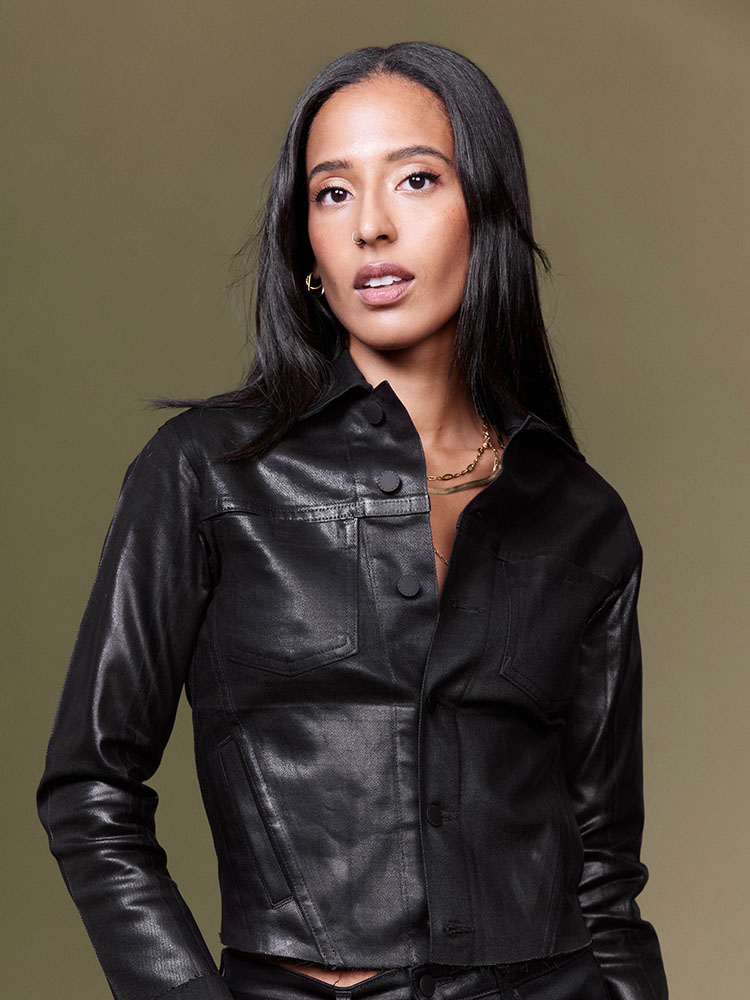 This Founder Shares Why We Should Start Celebrating Rest
This Founder Shares Why We Should Start Celebrating RestBurnout is nothing to be proud of.
By Kia Topps
-
 Why Dr. Deepika Chopra Believes that Optimism is Resiliency
Why Dr. Deepika Chopra Believes that Optimism is ResiliencyWhy you should start embracing every feeling.
By Kia Topps
-
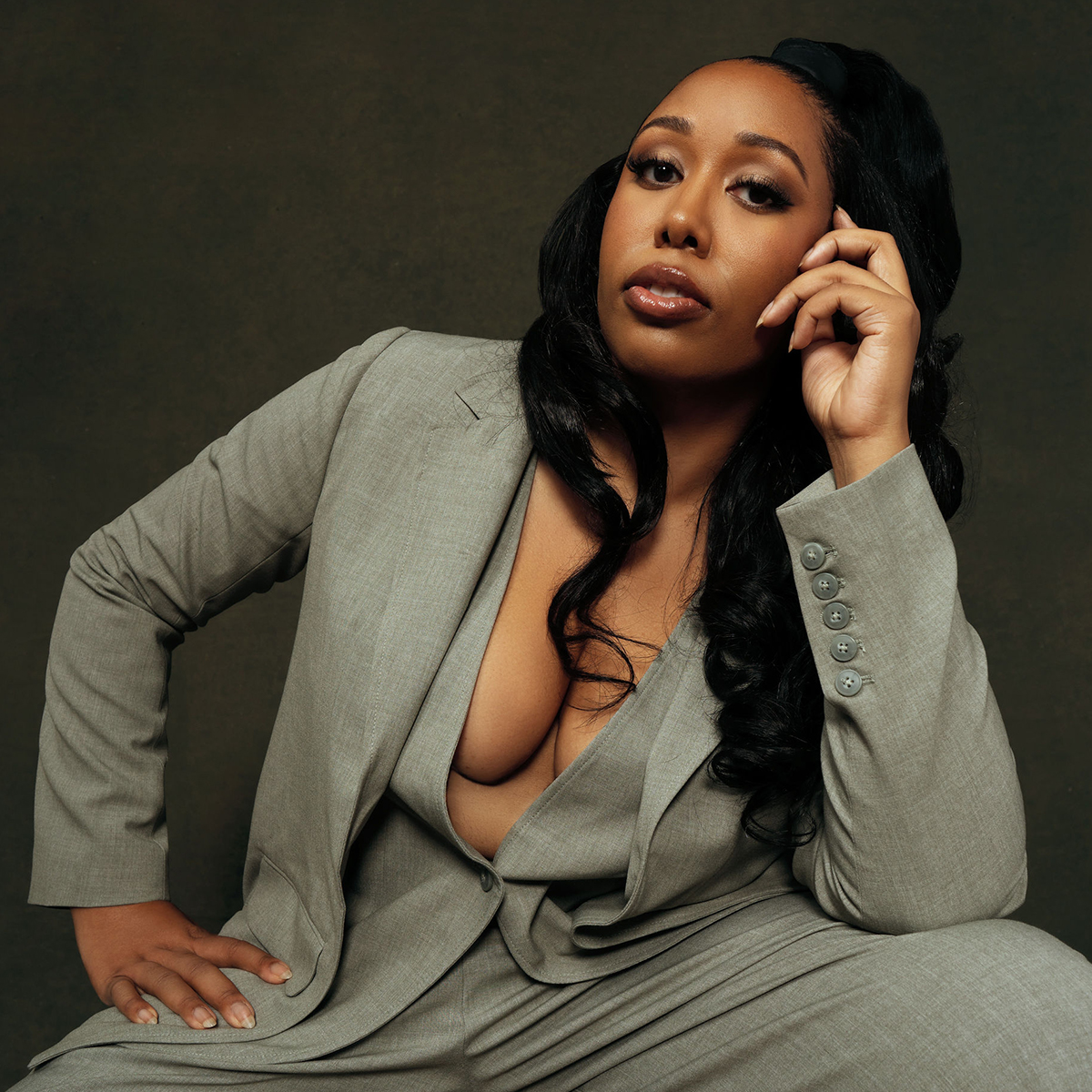 How TikTok's Favorite Photographer Helped Me Find My Confidence
How TikTok's Favorite Photographer Helped Me Find My ConfidenceI renewed my relationship with myself.
By MacKenzie Green
-
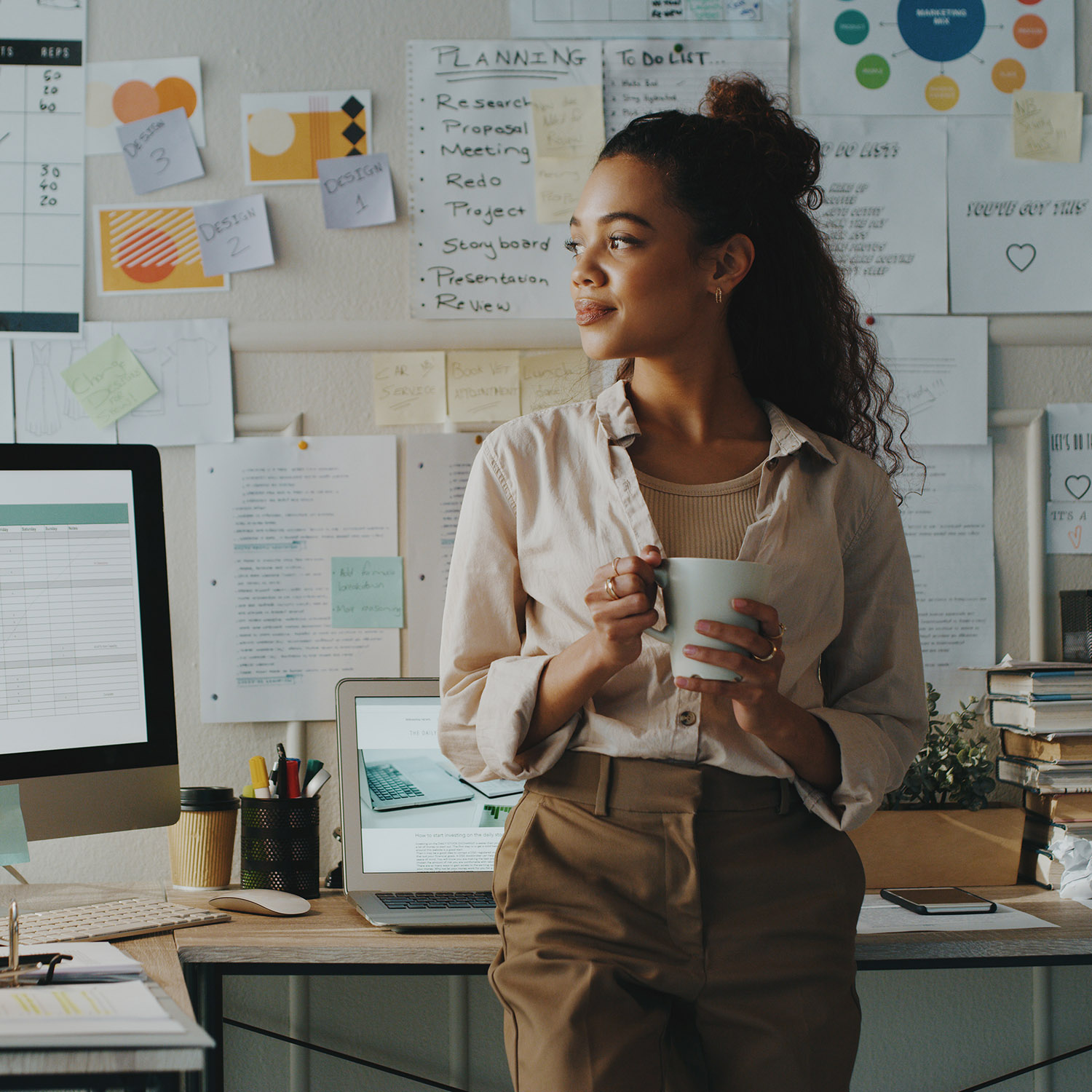 11 Things to Do If You're Dealing With Anxiety at Work
11 Things to Do If You're Dealing With Anxiety at WorkThese can help.
By Casey Clark
-
 Here's Why I Make Time for "Play" Every Day—and Why You Should Too
Here's Why I Make Time for "Play" Every Day—and Why You Should TooIt's one of the best things you can do for yourself.
By MacKenzie Green
-
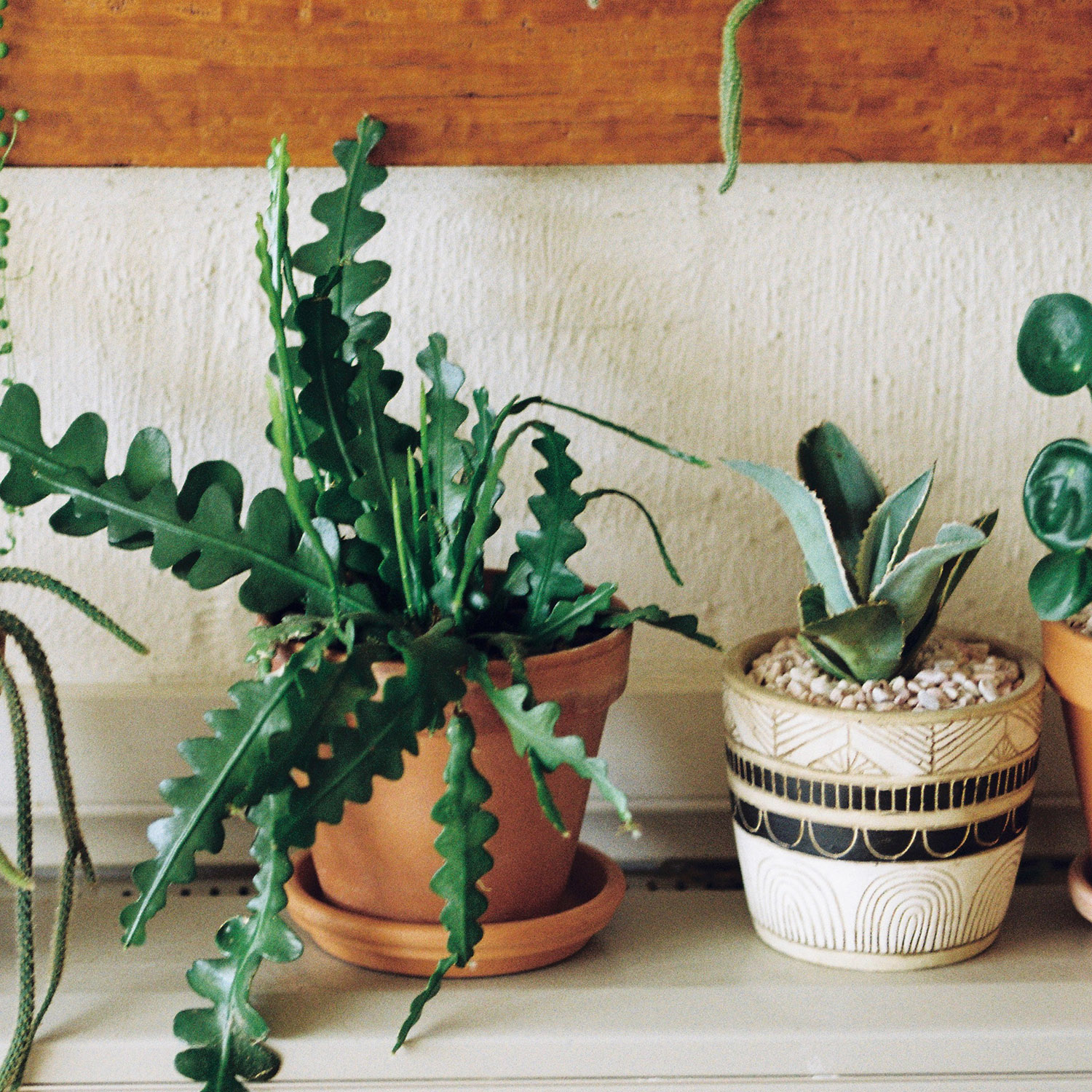 How to Choose a Plant Based on Your Personality Type
How to Choose a Plant Based on Your Personality TypeDo you have a green thumb?
By Sarah Yang
-
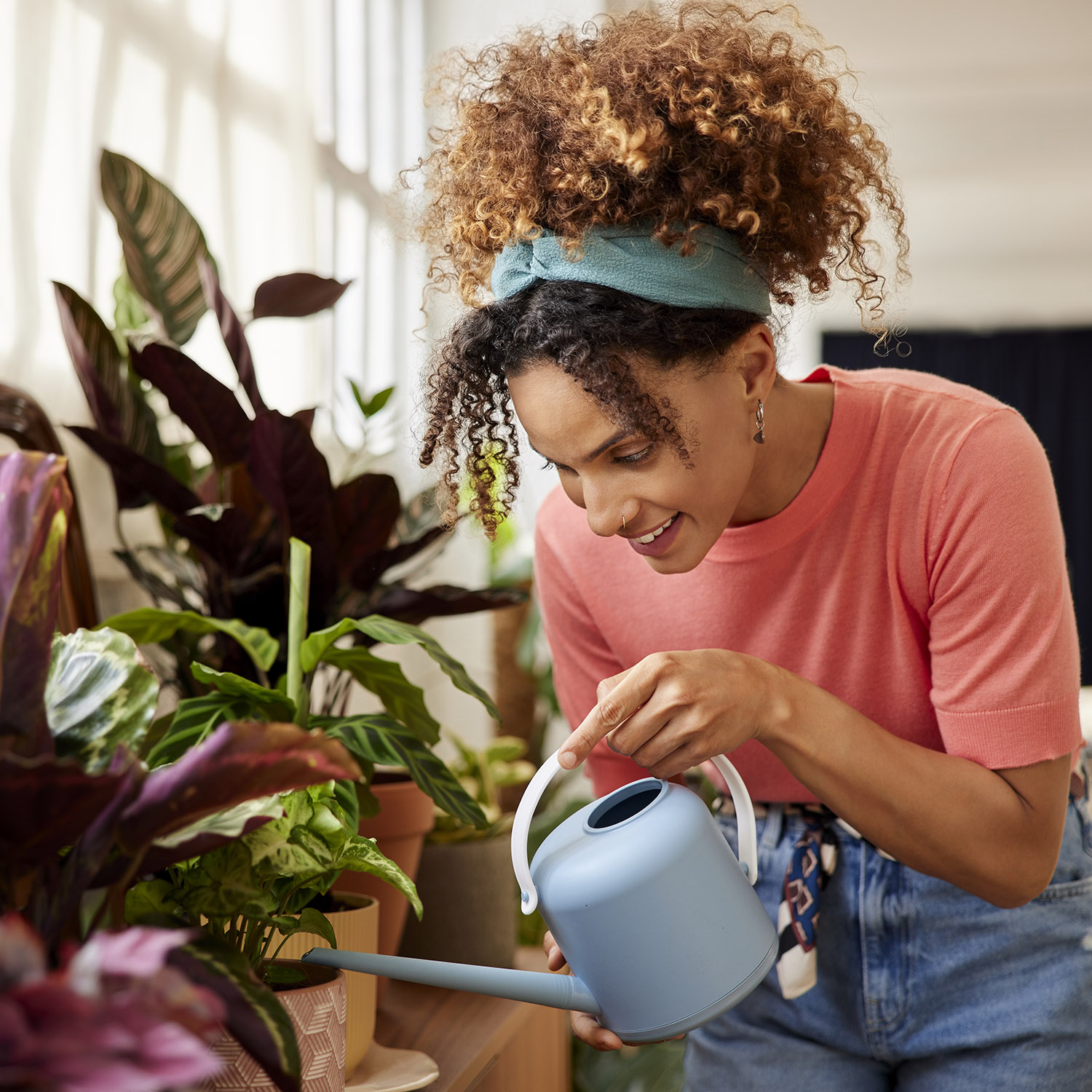 If You're Super Stressed Out, These 17 Things Can Make You Feel Better
If You're Super Stressed Out, These 17 Things Can Make You Feel BetterTry them.
By Sarah Yang
-
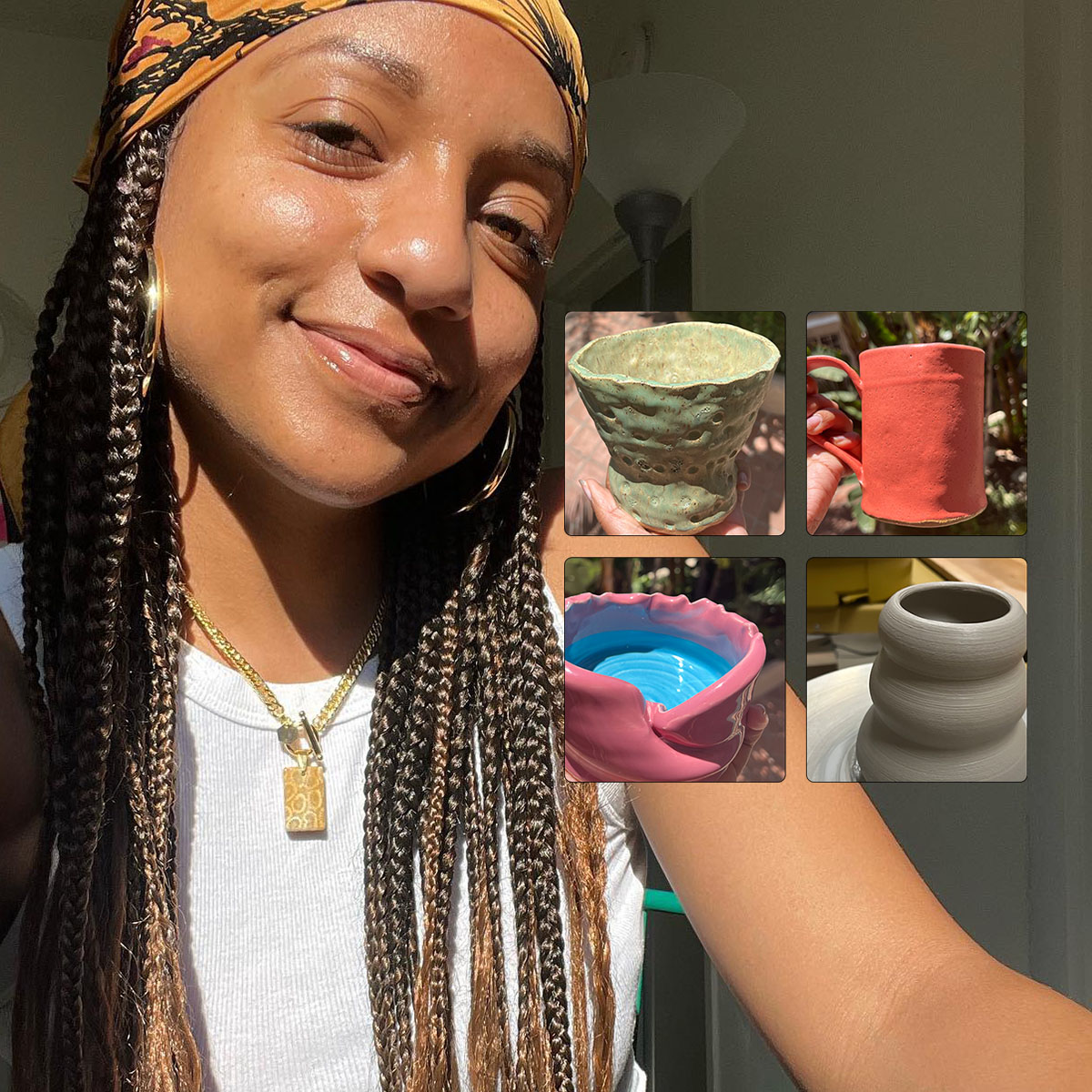 I Tried Pottery Classes as a Way to Better My Mental Health—Here's What Happened
I Tried Pottery Classes as a Way to Better My Mental Health—Here's What HappenedI left my classes with more than I bargained for.
By Kia Topps
